Space, the final nuclear frontier: NETS-2011
From high in orbit above planet Earth... to the dusty surface of the moon... to the stunning cloud tops and moons of Jupiter... to the dazzling rings of Saturn... even to the darkness at the edge of interstellar space-nuclear technology has made possible incredible journeys to extraordinary destinations in our Solar System, and opened doors to some of the most profound discoveries of all time. Yet, the future of nuclear technology for space exploration promises even more remarkable journeys and more amazing discoveries.

-3 2x1.jpg)
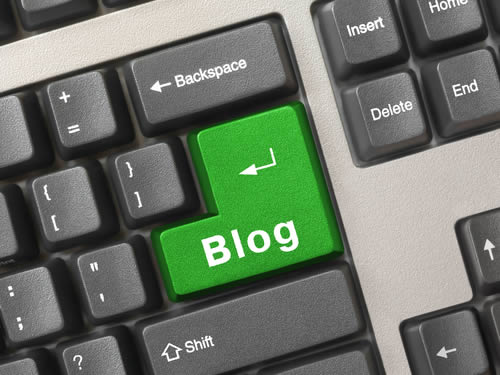 The
The 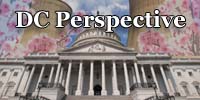 In his State of the Union speech on January 25, President Barack Obama advocated a Clean Energy Standard that includes natural gas as well as renewables, nuclear and "clean coal." In
In his State of the Union speech on January 25, President Barack Obama advocated a Clean Energy Standard that includes natural gas as well as renewables, nuclear and "clean coal." In 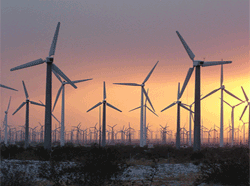 It is often stated that since no one can charge money for the wind, wind-generated electricity is free. This is not true. A modern wind turbine, which can generate 2 megawatts of electricity (MWe) when the wind is blowing, costs about
It is often stated that since no one can charge money for the wind, wind-generated electricity is free. This is not true. A modern wind turbine, which can generate 2 megawatts of electricity (MWe) when the wind is blowing, costs about 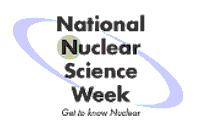
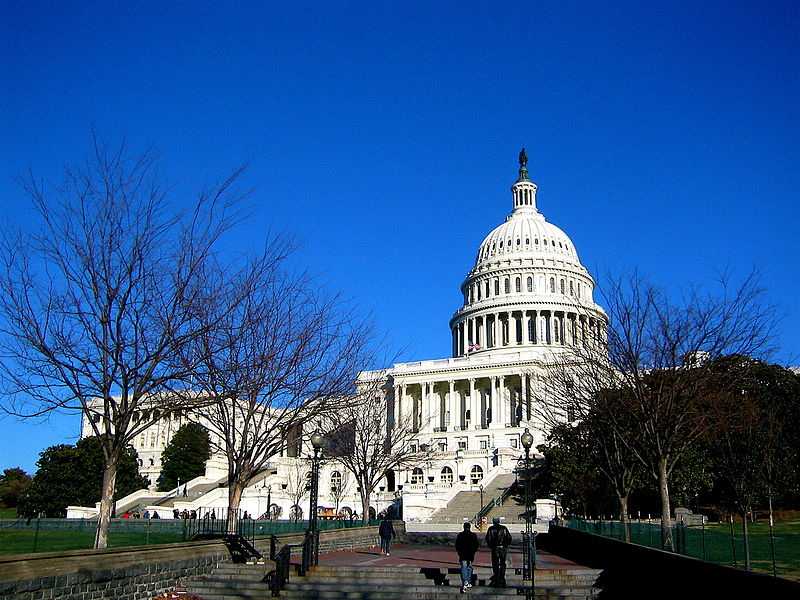 Leading figures from Congress, the commercial nuclear industry, and academia will convene on January 27 on Capitol Hill in Washington, D.C., to detail the contributions of nuclear technology and the possibilities associated with education in nuclear science. Senate Energy and Natural Resources Committee Chairman Jeff Bingaman (D., N.M.) will be the featured speaker at a discussion of the contributions, innovations, and opportunities that can be found by exploring nuclear science.
Leading figures from Congress, the commercial nuclear industry, and academia will convene on January 27 on Capitol Hill in Washington, D.C., to detail the contributions of nuclear technology and the possibilities associated with education in nuclear science. Senate Energy and Natural Resources Committee Chairman Jeff Bingaman (D., N.M.) will be the featured speaker at a discussion of the contributions, innovations, and opportunities that can be found by exploring nuclear science.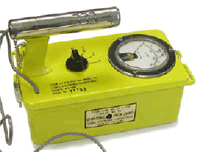 The American Nuclear Society's Public Education Program will be sponsoring a one-day teacher workshop on Sunday, February 27, at the Phoenix Convention Center in Phoenix, Ariz. The workshop-Detecting Radiation in Our Radioactive World-is intended for science educators (including biology, chemistry, earth science, physics, physical science, life science, environmental, and general science) at the high school and middle school levels. WM Symposia, Inc., is cosponsoring the workshop, which will be held prior to WM2011, the international waste management conference that is held in Phoenix.
The American Nuclear Society's Public Education Program will be sponsoring a one-day teacher workshop on Sunday, February 27, at the Phoenix Convention Center in Phoenix, Ariz. The workshop-Detecting Radiation in Our Radioactive World-is intended for science educators (including biology, chemistry, earth science, physics, physical science, life science, environmental, and general science) at the high school and middle school levels. WM Symposia, Inc., is cosponsoring the workshop, which will be held prior to WM2011, the international waste management conference that is held in Phoenix.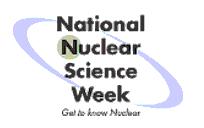 On Saturday, January 22, the Chicago ANS Local Section launched the activities for National Nuclear Science week a day early by presenting a student nuclear science workshop, hosted by the
On Saturday, January 22, the Chicago ANS Local Section launched the activities for National Nuclear Science week a day early by presenting a student nuclear science workshop, hosted by the 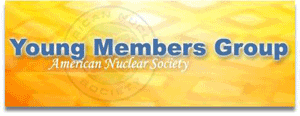 At a session on educational programs during a recent ANS meeting, a fairly new graduate student in nuclear engineering described a nuclear survey course that he had taken at his university. The graduate student had not studied nuclear engineering as an undergrad, and when he said, "I had never really heard of Chernobyl before I took this course," you could almost hear an audible gasp among the more, well, mature members of the audience.
At a session on educational programs during a recent ANS meeting, a fairly new graduate student in nuclear engineering described a nuclear survey course that he had taken at his university. The graduate student had not studied nuclear engineering as an undergrad, and when he said, "I had never really heard of Chernobyl before I took this course," you could almost hear an audible gasp among the more, well, mature members of the audience.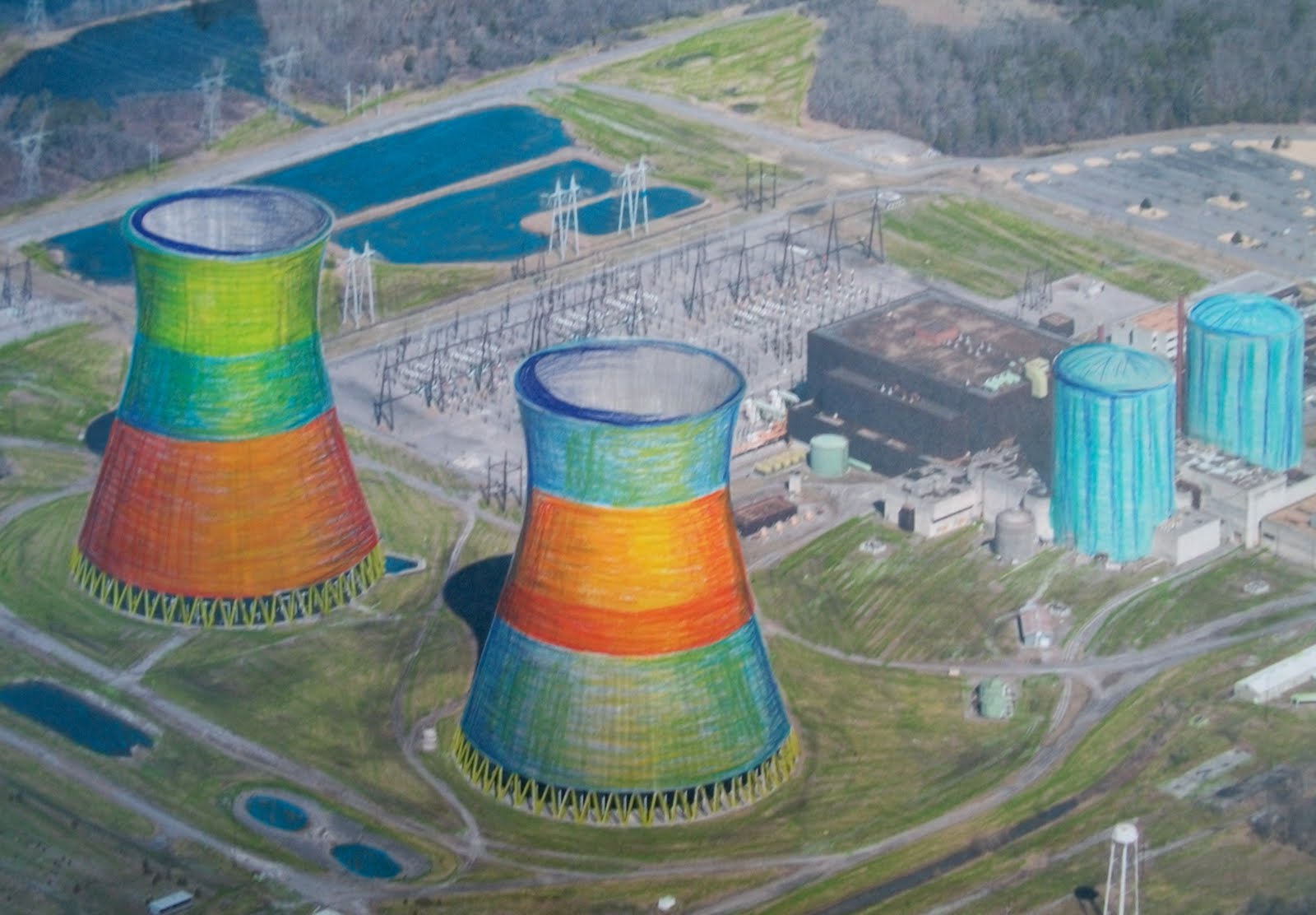
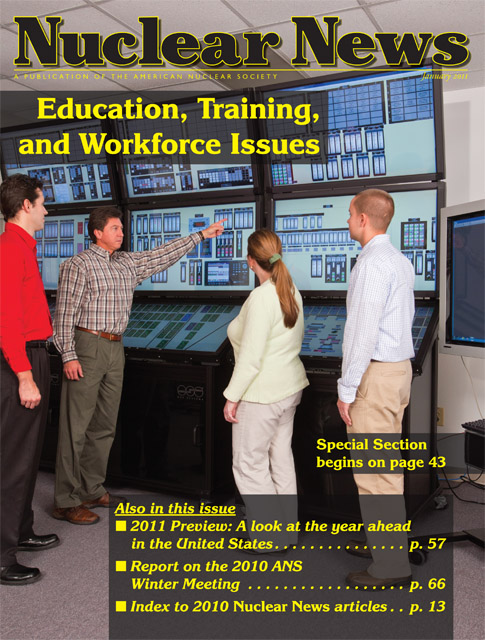 The January issue of Nuclear News has been published and mailed to American Nuclear Society members, and is
The January issue of Nuclear News has been published and mailed to American Nuclear Society members, and is